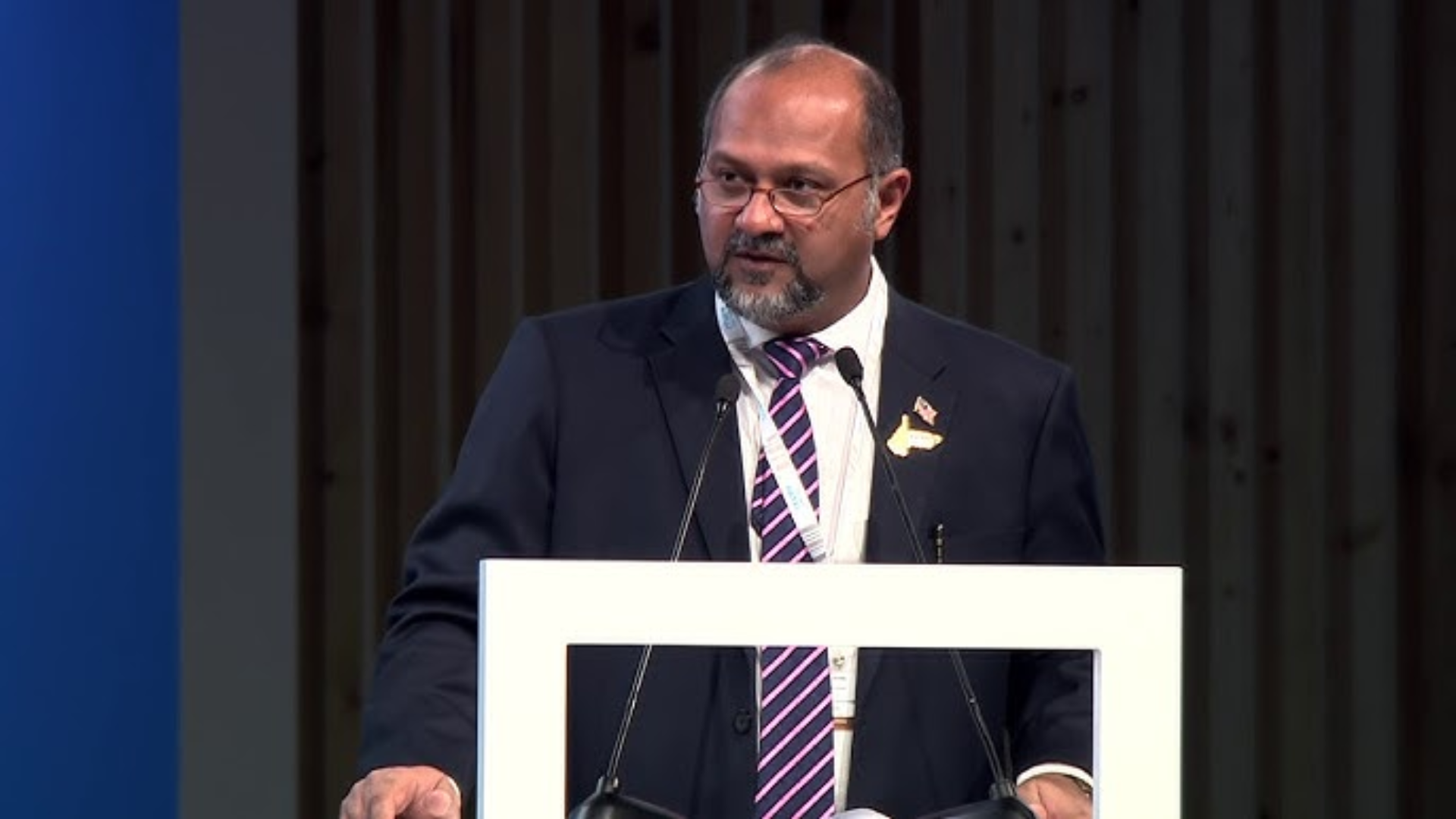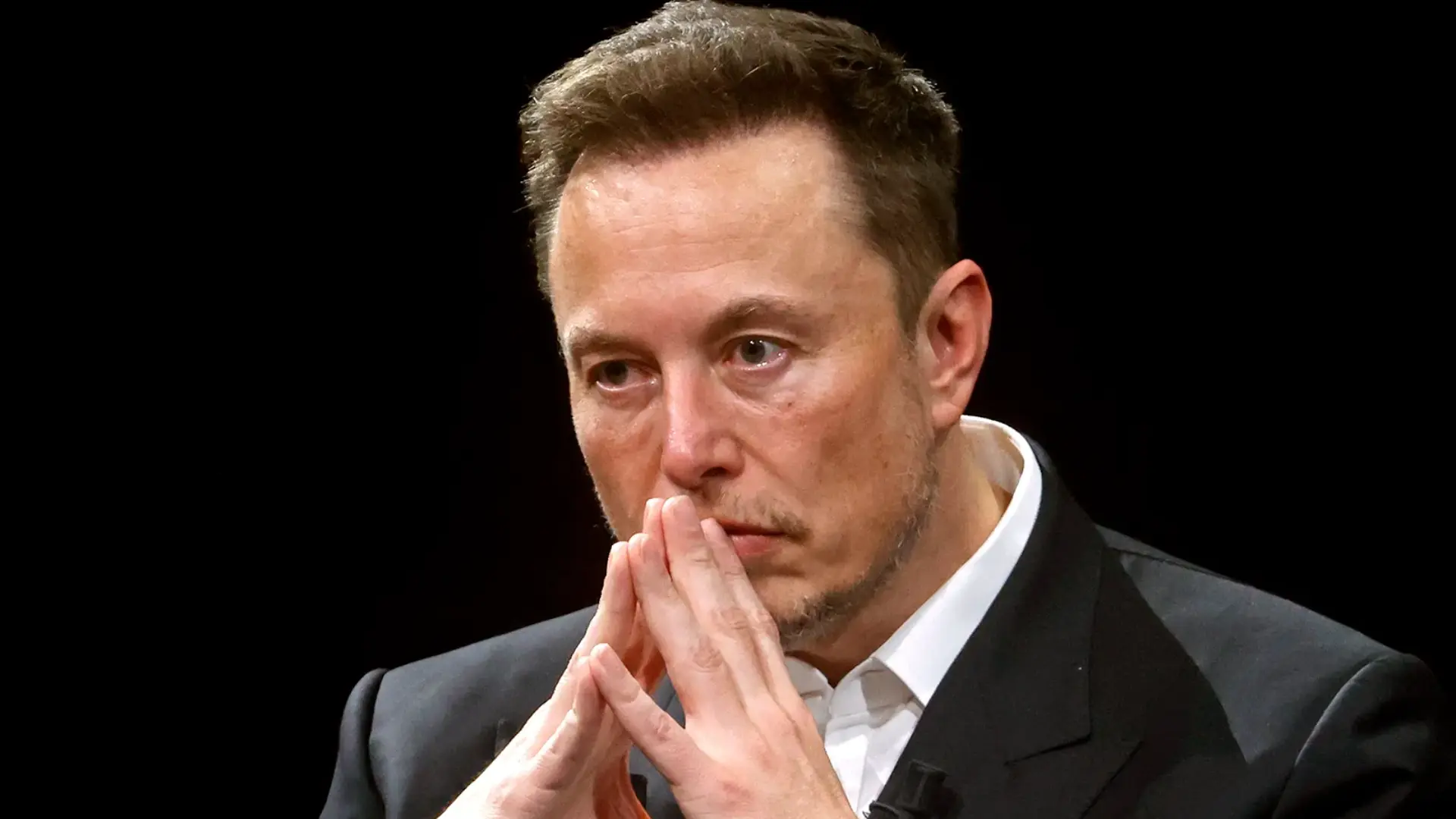Justin Trudeau, who rose to prominence with a promise of “sunny ways” and transformational politics, has announced his resignation as leader of Canada’s Liberal Party. His departure marks the end of a nearly decade-long tenure as prime minister, defined by bold initiatives, divisive moments, and shifting political fortunes.
From Victory to Departure
Trudeau’s political journey began with an electrifying victory in 2015, when his Liberal Party secured a surprise majority, overturning nearly a decade of Conservative rule under Stephen Harper. During his victory speech, Trudeau declared, “We beat fear with hope. We beat cynicism with hard work.” His campaign centered on optimism and a commitment to “real change.”
However, nearly ten years later, Trudeau’s decision to step aside reflects mounting pressures. Facing declining poll numbers, internal party dissent, and public frustration over issues such as housing affordability and rising costs, Trudeau acknowledged the challenges ahead.
“Canadians deserve a real choice in the next election,” he said during a news conference in Ottawa. “With the internal battles within the party, I cannot be the one to carry the Liberal standard into the next election.”
A Leader Who Transformed and Divided
Trudeau entered office as a symbol of renewal, championing progressive policies and inclusivity. His early years were marked by historic decisions, including the creation of Canada’s first gender-balanced cabinet and the legalization of cannabis. His government introduced a child tax benefit, invested in affordable childcare, and implemented a national dental care program.
Trudeau also gained international recognition for his role in renegotiating the North American Free Trade Agreement (NAFTA), preserving Canada’s economic interests during the tumultuous Trump administration.
Despite these successes, his leadership faced significant criticism. Public anger grew over unfulfilled promises, such as electoral reform, and inconsistencies in his climate policies. While Trudeau championed carbon pricing and signed the Paris Agreement, his support for major oil and gas pipelines alienated environmental advocates.
“Trudeau’s tenure has been a mix of ambitious policies and notable missteps,” said Lisa Young, a political science professor at the University of Calgary. “He will likely be remembered as a leader who took steps forward but often undermined his legacy with conflicting decisions.”
Challenges and Controversies
Over time, Trudeau’s popularity waned. His Liberal Party won re-election in 2019 and 2021, but only as a minority government. Public frustration over his handling of economic issues, including rising grocery prices and housing costs, further eroded support.
Trudeau also faced criticism for his government’s response to immigration and asylum policies. His early statements welcoming refugees clashed with later measures tightening border controls, drawing accusations of inconsistency.
Internally, the departure of key allies such as Finance Minister Chrystia Freeland highlighted fractures within his cabinet. Freeland’s resignation in December, citing disagreements over economic policy and U.S. trade threats, marked a turning point in Trudeau’s leadership.
The Future of the Liberal Party
Trudeau’s resignation sets the stage for a competitive leadership race within the Liberal Party. With federal elections expected before October 2025, the party faces an uphill battle. Recent polls show the Liberals trailing the Conservatives, who currently command about 40% of public support, while the Liberals and the New Democratic Party (NDP) hover around 20%.
“Younger voters, once a stronghold for Trudeau, are now looking for more radical options or leaders promising fundamental change,” noted Stewart Prest, a political science professor at the University of British Columbia.
The leadership transition will be crucial for the party’s future. The Liberals must navigate internal divisions and present a united front to regain public trust.
A Mixed Legacy
Trudeau’s time in office will be remembered for its highs and lows. He ushered in transformative social policies but often faced backlash for perceived contradictions in his agenda. His ability to lead Canada through challenging moments, such as renegotiating NAFTA, stands as a testament to his political acumen. However, his mixed record on climate action, immigration, and economic policies leaves room for debate.
Also Read: Why Did Justin Trudeau Resign? All You Need To Know

















